i5-13600K
i7-12700K
Multi-Thread Performance
Single-Thread Performance
Need For Speed: Payback
i5-13600K vs i7-12700K in Need For Speed: Payback using RTX 3070 Ti Max-Q - CPU Performance comparison at Ultra, High, Medium, and Low Quality Settings with 1080p, 1440p, Ultrawide, 4K resolutions
i5-13600K
i7-12700K
Ultra Quality
| Resolution |
Frames Per Second |
| 1080p |
|
| 1080p |
|
| 1440p |
|
| 1440p |
|
| 2160p |
|
| 2160p |
|
| w1440p |
|
| w1440p |
|
High Quality
| Resolution |
Frames Per Second |
| 1080p |
|
| 1080p |
|
| 1440p |
|
| 1440p |
|
| 2160p |
|
| 2160p |
|
| w1440p |
|
| w1440p |
|
Medium Quality
| Resolution |
Frames Per Second |
| 1080p |
|
| 1080p |
|
| 1440p |
|
| 1440p |
|
| 2160p |
|
| 2160p |
|
| w1440p |
|
| w1440p |
|
Low Quality
| Resolution |
Frames Per Second |
| 1080p |
|
| 1080p |
|
| 1440p |
|
| 1440p |
|
| 2160p |
|
| 2160p |
|
| w1440p |
|
| w1440p |
|
i5-13600K
- The i5-13600K has more cores. The benefit of having more cores is that the system can handle more threads. Each core can handle a separate stream of data. This architecture greatly increases the performance of a system that is running concurrent applications.
i7-12700K
- The i7-12700K has higher Level 2 Cache. Data/instructions which have to be processed can be loaded from the fast L2 and the CPU does not have to wait for the very slow DDR RAM
- The i7-12700K has higher Level 3 Cache. This is useful when you have substantial multiprocessing workloads, many computationally intense simultaneous processes. More likely on a server, less on a personally used computer for interactive desktop workloads.
- For some games, a cpu with a higher clock speed, or in a technical name IPC (Instructions per clock), has better results than other CPU's with higher core count and lower core speed.
Compare i5-13600K vs i7-12700K specifications
i5-13600K vs i7-12700K Architecture
|
i5-13600K |
i7-12700K |
| Codename | Raptor Lake-S | Alder Lake |
| ECC Memory | Yes | No |
| Generation | Core i5
(Raptor Lake) | Core i7
(Alder Lake-S) |
| Market | Desktop | Desktop |
| Memory Support | DDR4, DDR5
Dual-channel | DDR4-3200 MHz
Dual-channel |
| PCI-Express | Gen 5, 20 Lanes(CPU only) | Gen 4, 20 Lanes
(CPU only) |
| Part# | SRMBD | unknown |
| Production Status | Active | Active |
| Release Date | Sep 27th, 2022 | Nov 4th, 2021 |
i5-13600K vs i7-12700K Cache
|
i5-13600K |
i7-12700K |
| Cache L1 | 80K (per core) | 64K (per core) |
| Cache L2 | 2MB (per core) | 12MB (shared) |
| Cache L3 | 24MB (shared) | 25MB (shared) |
i5-13600K vs i7-12700K Cores
|
i5-13600K |
i7-12700K |
| # of Cores | 14 | 12 |
| # of Threads | 20 | 20 |
| Integrated Graphics | UHD Graphics 770 | UHD Graphics 770 |
| SMP # CPUs | 1 | 1 |
i5-13600K vs i7-12700K Performance
|
i5-13600K |
i7-12700K |
| Base Clock | 100 MHz | 100 MHz |
| Frequency | 3.5 GHz | 3.6 GHz |
| Multiplier | 35.0x | 36.0x |
| Multiplier Unlocked | Yes | Yes |
| TDP | 125 W | 125 W |
| Turbo Clock | up to 5.1 GHz | up to 5 GHz |
i5-13600K vs i7-12700K Physical
|
i5-13600K |
i7-12700K |
| Die Size | 257 mm² | unknown |
| Foundry | Intel | Intel |
| Package | FC-LGA16A | FC-LGA1700 |
| Process Size | 10 nm | 10 nm |
| Socket | Intel Socket 1700 | Intel Socket 1700 |
| tCaseMax | 72°C | 72°C |
| tJMax | 100°C | 100°C |
Compare i5-13600K vs i7-12700K in more games








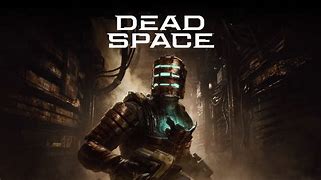

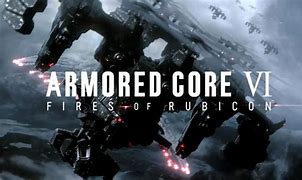









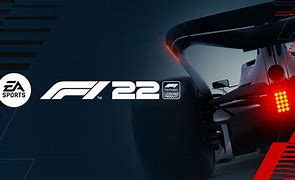

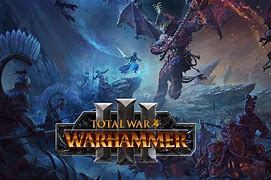

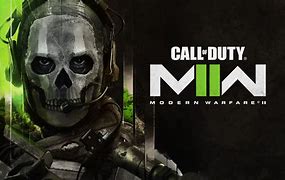



















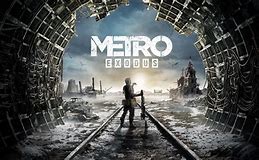











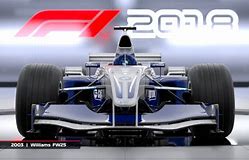












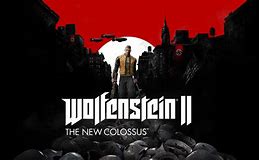












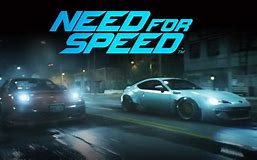

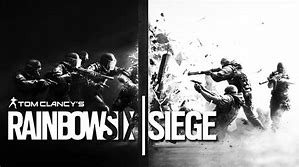



What to Consider Before Buying a Graphics Card
If you have been planning to upgrade your system by purchasing a new graphics card. Then there are some important factors to consider.
Resolution VS Quality: Impact on Game Performance
What affects game performance? Clarity or Details?
Ultra VS High Quality Settings in PC Games
Every player has a different notion about the ideal setting for PC games. But in most cases, opting for a High quality graphics configuration is the way to go.
What are CPU or GPU Bottlenecks?
Are you getting sudden frame drops? you might have a bottleneck.
What is the acceptable FPS speed for me?
For some games, you can still enjoy great garphics at lower frame rates.
GPU Hierarchy
GPU Compare
CPU Compare
Gaming Laptops
Gaming Monitors
Gaming Headsets
Discussion and Comments
Share Your Comments